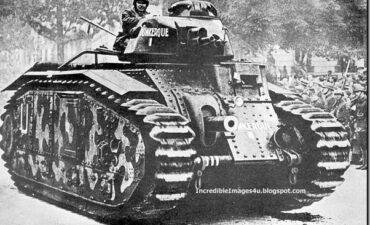When did you know in your heart that the Vietnam War was a loser? When did you know in your heart that the Vietnam War was a loser?” could be answered from various perspectives, depending on who is being asked. Different individuals and groups had different moments of realization based on their roles, experiences, and access to information during the Vietnam War. Here are some notable points of realization:
Military Personnel and Leaders:
Many military leaders and soldiers on the ground started to see the challenges and futility of the war during the late 1960s, especially after major events such as the Tet Offensive in 1968. The Tet Offensive, despite being a military defeat for the North Vietnamese and Viet Cong, revealed the vulnerability of U.S. and South Vietnamese forces and significantly weakened public support for the war.
Political Leaders:
Some U.S. political leaders, including members of Congress and key advisors, began to express doubts about the war’s success earlier on. Secretary of Defense Robert McNamara, for instance, began to question the U.S. strategy and the war’s viability as early as 1966-67.
The American Public:
For the American public, the realization grew more pronounced as the war dragged on with increasing casualties and extensive media coverage showing the brutal realities of the conflict. The anti-war movement gained significant momentum by the late 1960s, particularly after events like the My Lai Massacre (1968) became public and the release of the Pentagon Papers in 1971, which revealed government deception regarding the war’s progress.
Vietnamese Civilians and Leaders:
South Vietnamese leaders and civilians faced continuous hardship and instability. While some remained hopeful due to U.S. support, many others saw the difficulties and corruption within their own government as signs that the war was unwinnable.
Historical Analysis:
From a historical perspective, analysts and historians often point to the strategic and political missteps from the very beginning of the U.S. involvement. The complex nature of the war, rooted in Vietnamese nationalism and the desire for independence, made it a highly challenging and arguably unwinnable conflict for an external power like the United States.
Each of these perspectives provides a different angle on when the Vietnam War was perceived as unwinnable, reflecting the complexity and multifaceted nature of the conflict.








